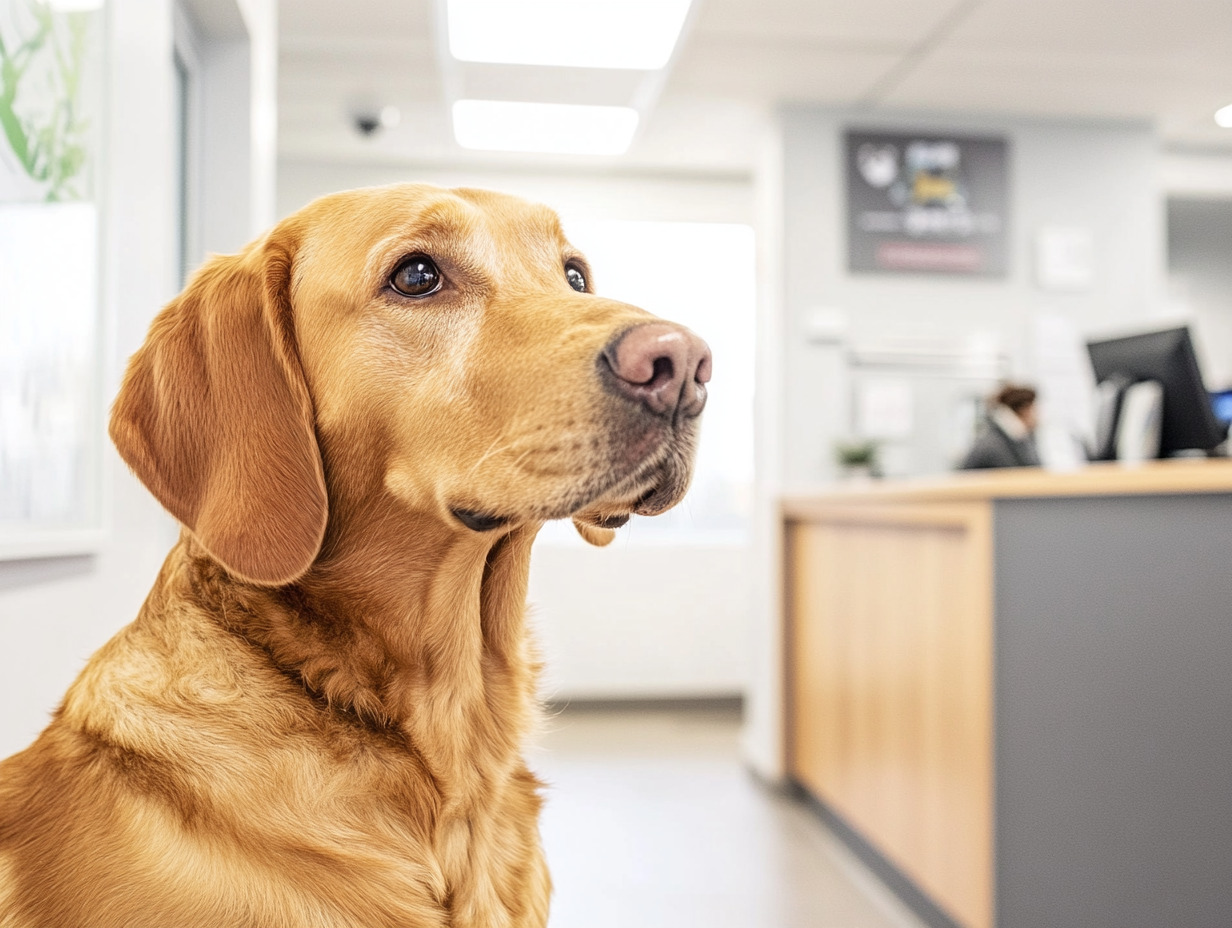The Importance of Regular Vet Checkups: What to Expect at Your Dog’s Vet Visit
Regular veterinary checkups are a vital part of keeping your dog healthy and happy throughout their life. Just like humans, dogs benefit greatly from routine health assessments, early detection of potential problems, and preventive care. Consistent vet visits help ensure that your furry friend receives the best possible care and can catch health issues before they become serious. Here’s why regular vet checkups are important and what you can expect during your dog’s appointment.
Why Regular Vet Checkups Matter
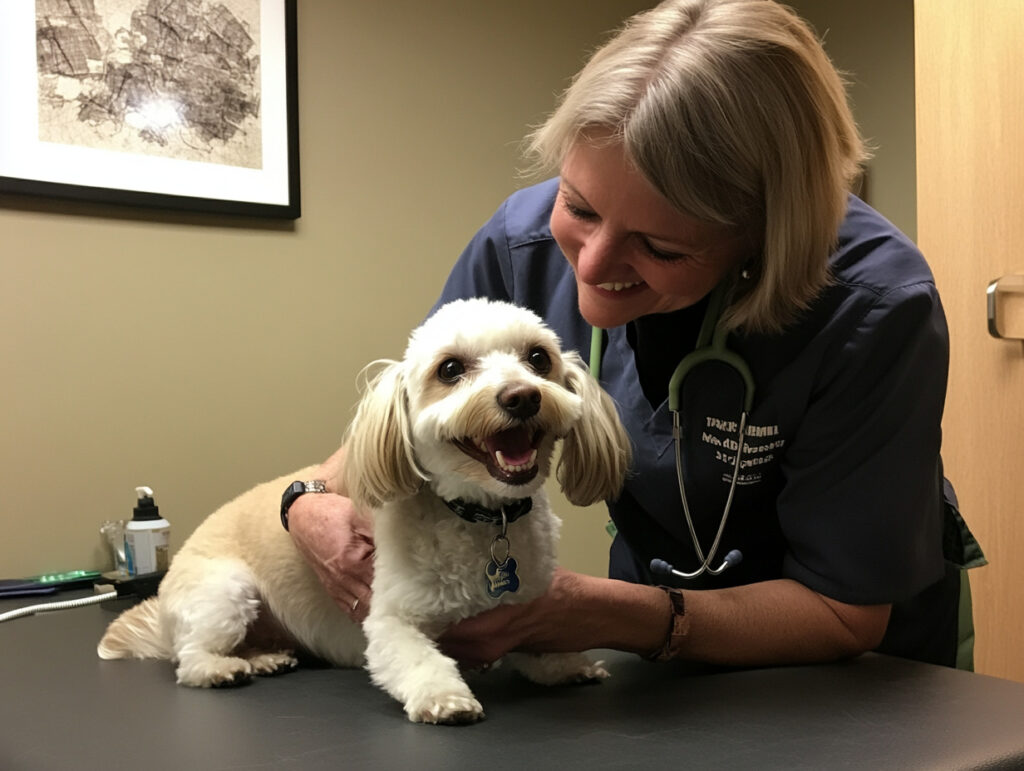
Routine vet visits allow your veterinarian to monitor your dog’s overall health, detect any early signs of illness, and provide essential vaccinations and parasite prevention. These visits are crucial for maintaining your dog’s well-being, managing chronic conditions, and addressing behavioral or dietary concerns. Early diagnosis often leads to better treatment outcomes and a longer, healthier life for your pet.
What Happens During a Vet Visit
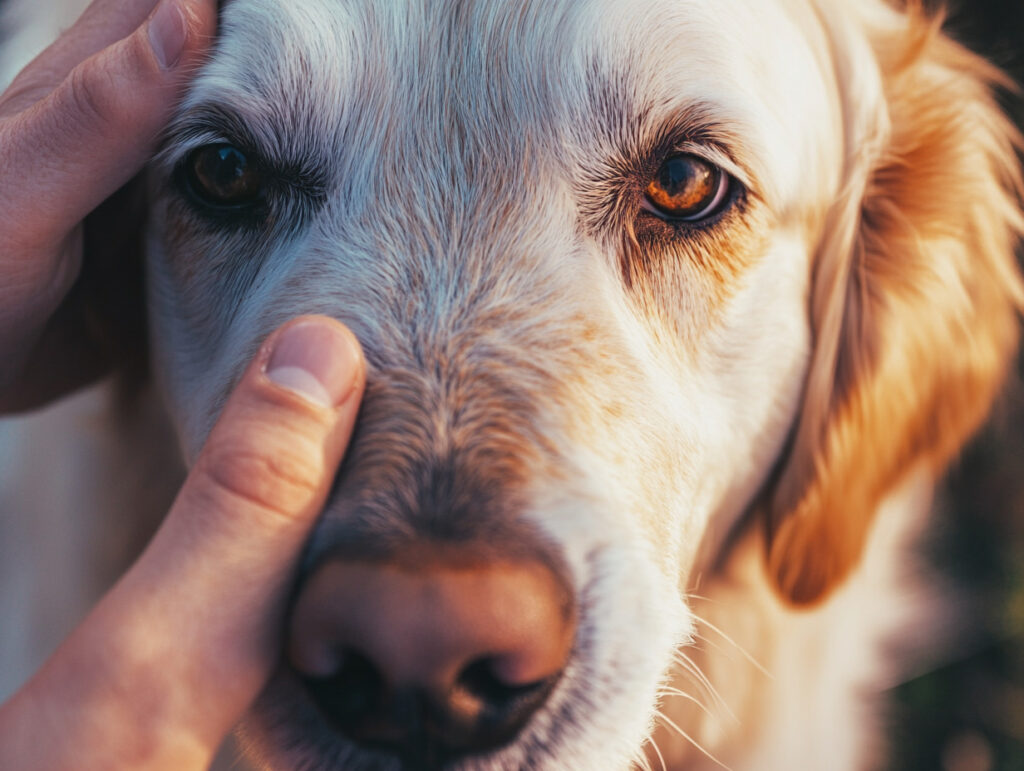
catsanddogs|midjourney
At your dog’s vet visit, the veterinarian will conduct a thorough physical examination, checking vital signs like temperature, heart rate, and respiratory rate. They will examine your dog’s eyes, ears, mouth, skin, coat, and joints to look for any abnormalities or signs of disease. The vet may also palpate your dog’s abdomen to assess organ health.
Vaccinations and Preventive Care
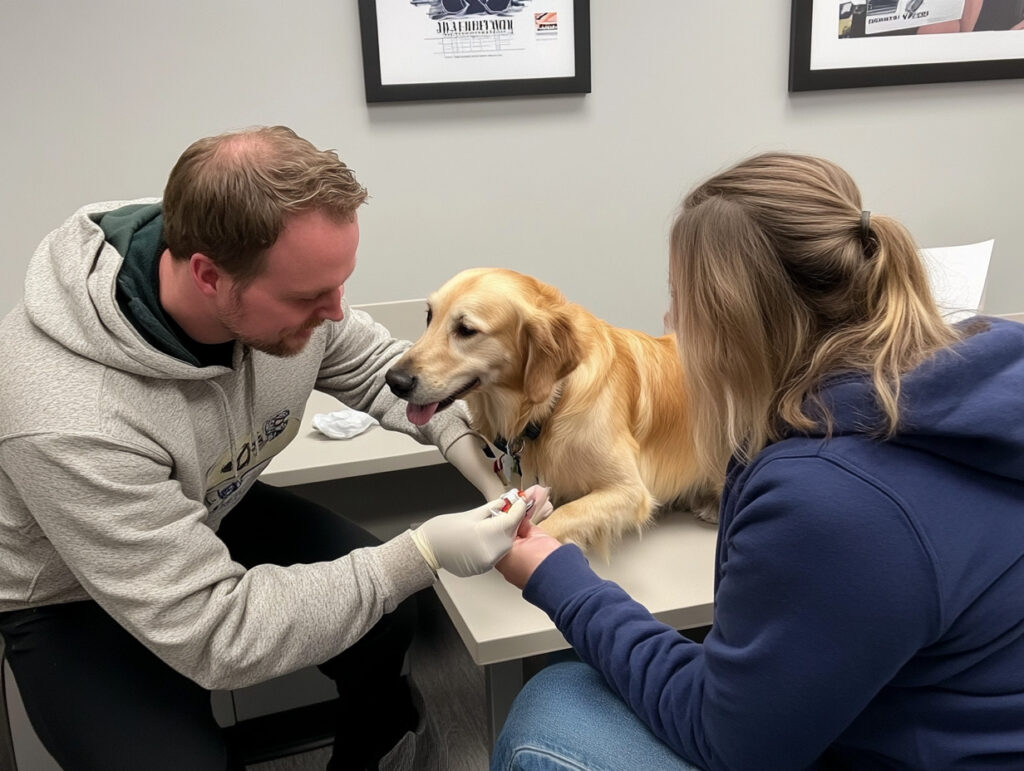
catsanddogs|midjourney
Your vet will review your dog’s vaccination history and recommend any necessary boosters or new vaccines based on your dog’s age, lifestyle, and local risks. They will also discuss parasite prevention for fleas, ticks, and heartworms, helping you choose the most effective products to keep your dog protected year-round.
Diagnostic Tests
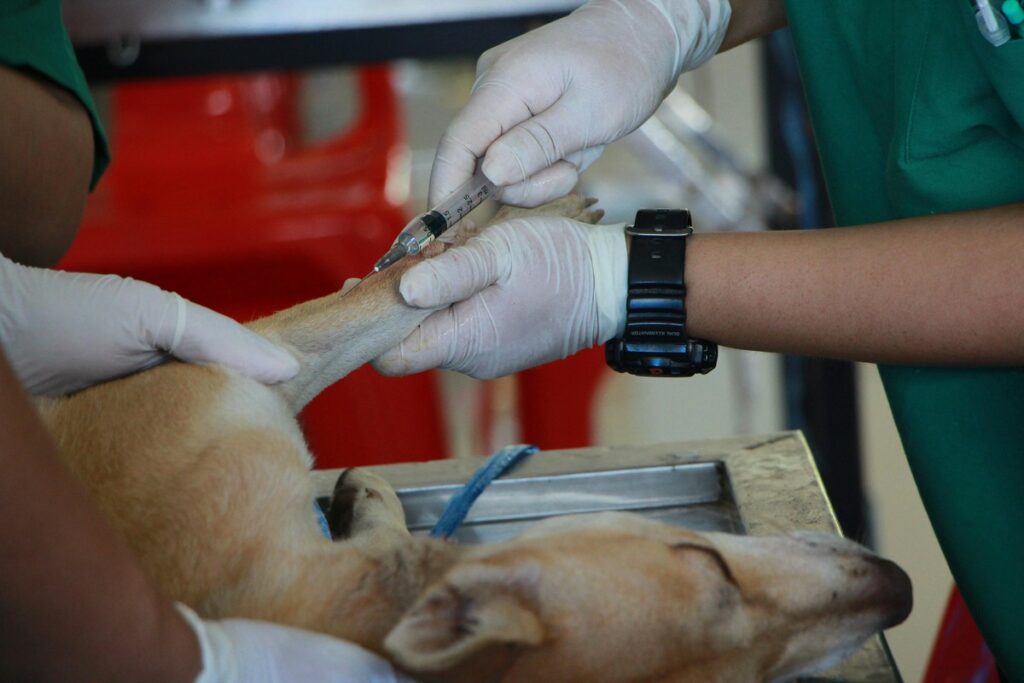
Depending on your dog’s age, breed, and health status, your vet may recommend routine blood work, urine tests, or fecal exams to screen for hidden health problems. Older dogs or those with specific concerns might need additional diagnostics like X-rays or ultrasounds to monitor chronic conditions.
Nutrition and Behavior Advice
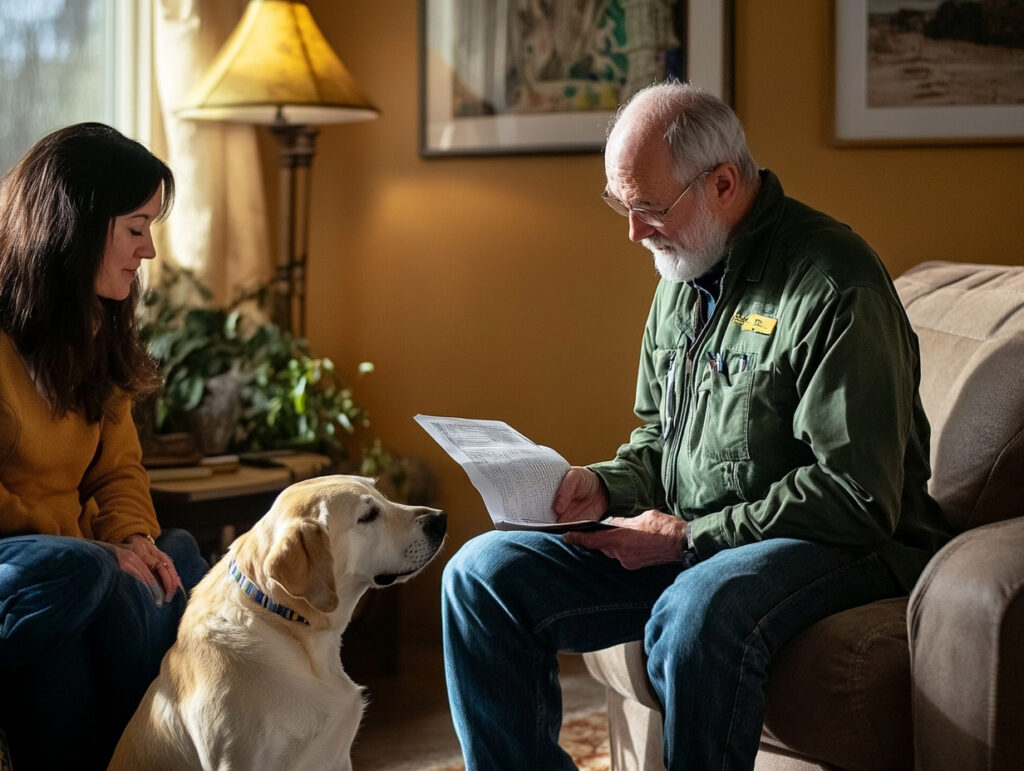
catsanddogs|midjourney
Vet visits are a great opportunity to discuss your dog’s diet, weight management, and any changes in behavior. Your veterinarian can offer guidance on choosing the right food, addressing allergies, and resolving behavioral issues such as anxiety or aggression.
Preparing for Your Dog’s Vet Visit
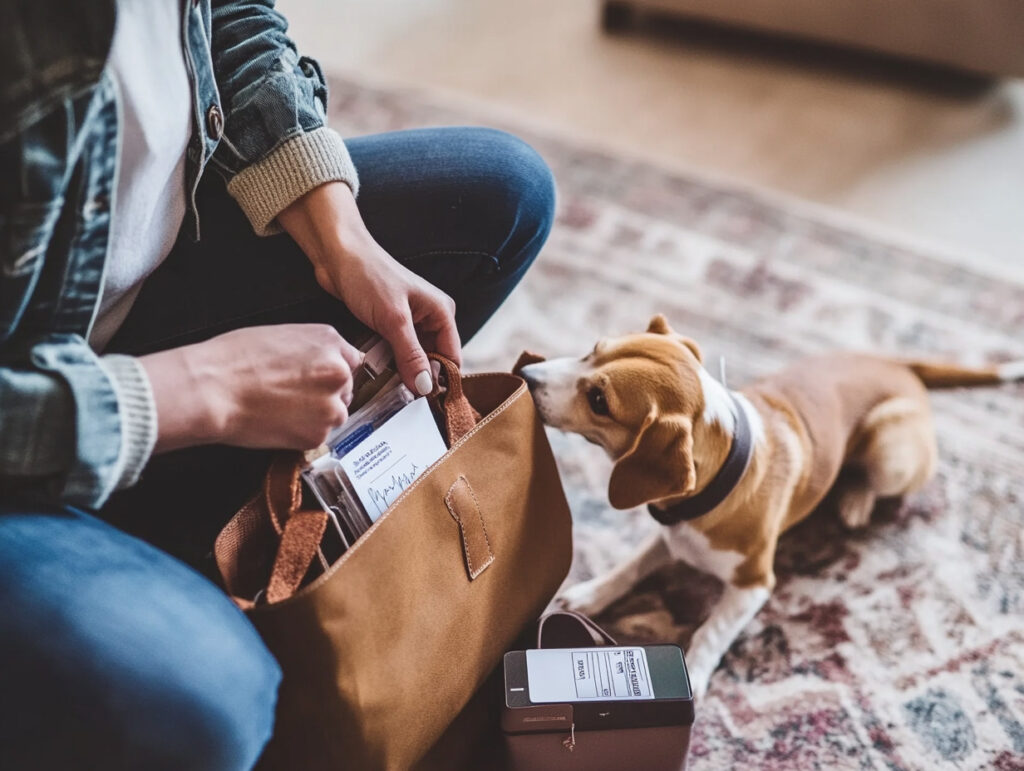
catsanddogs|midjourney
To make the appointment smooth and effective, bring your dog’s medical records, a list of any symptoms or concerns, and a sample of their stool if requested. Arrive with your dog clean and well-exercised to help them remain calm during the exam.
Prioritizing Your Dog’s Health Through Regular Vet Care
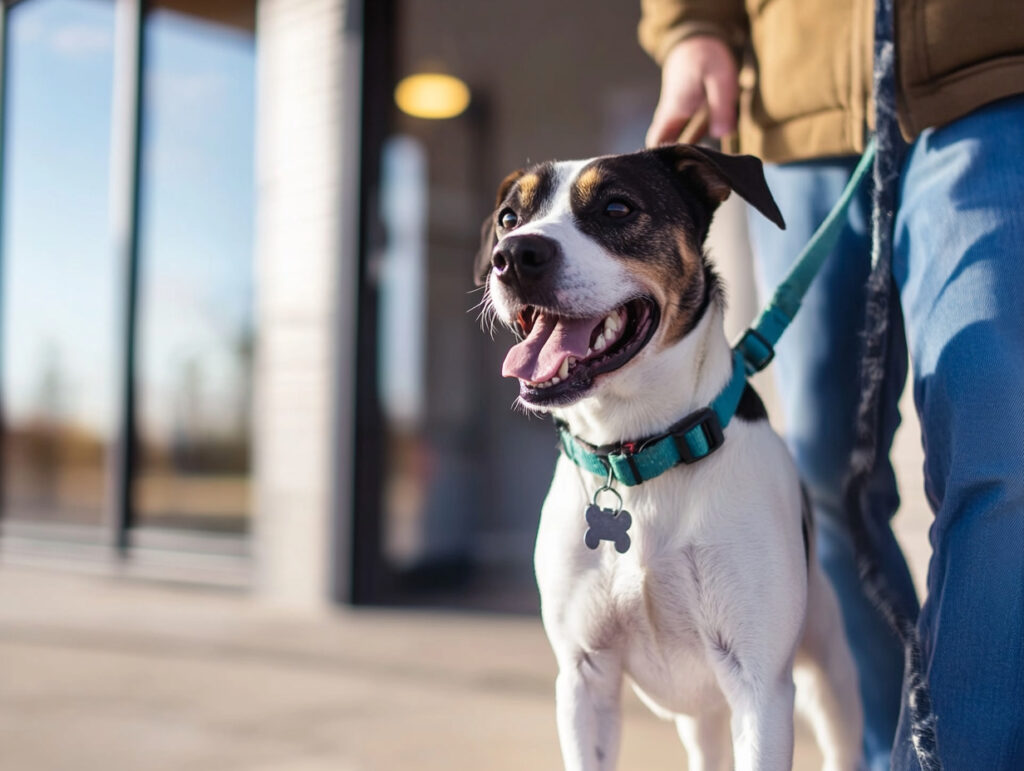
catsanddogs|midjourney
Regular veterinary checkups are essential for catching health issues early, maintaining preventive care, and ensuring your dog’s happiness and longevity. Understanding what to expect at your dog’s vet visit helps you prepare and engage in your pet’s healthcare actively. By making routine vet visits a priority, you provide your dog with the best chance for a healthy, joyful life by your side.

